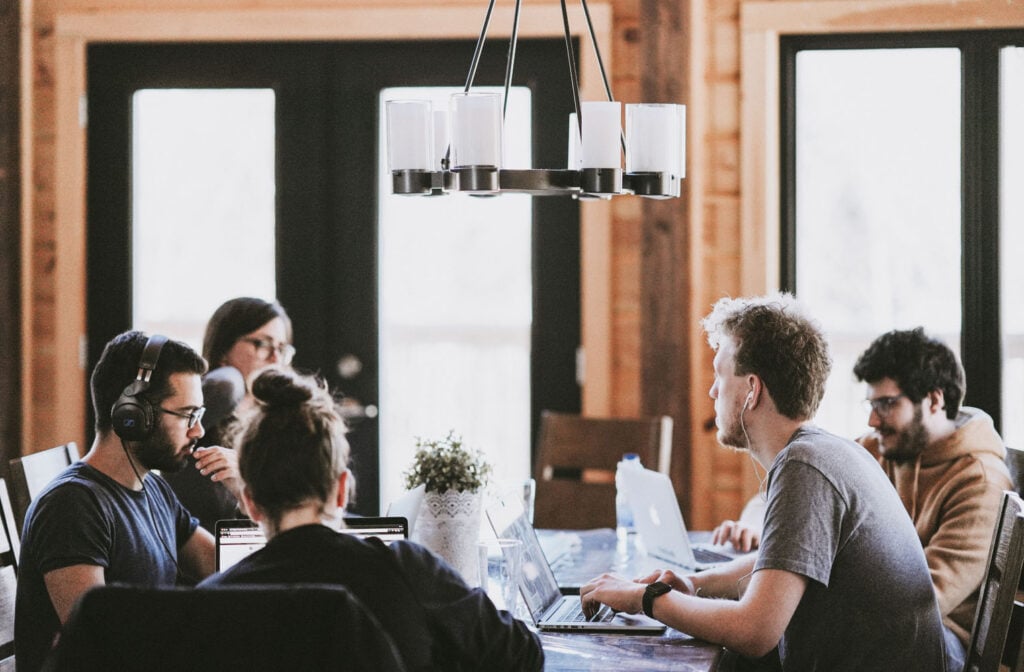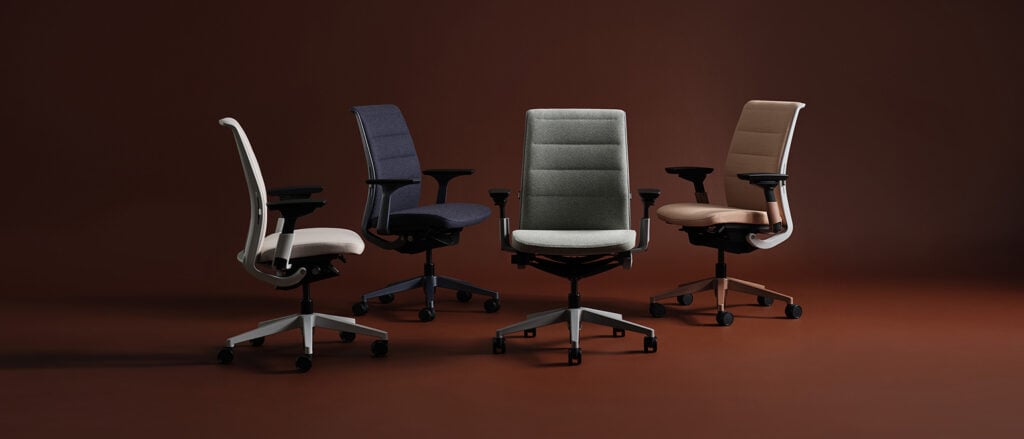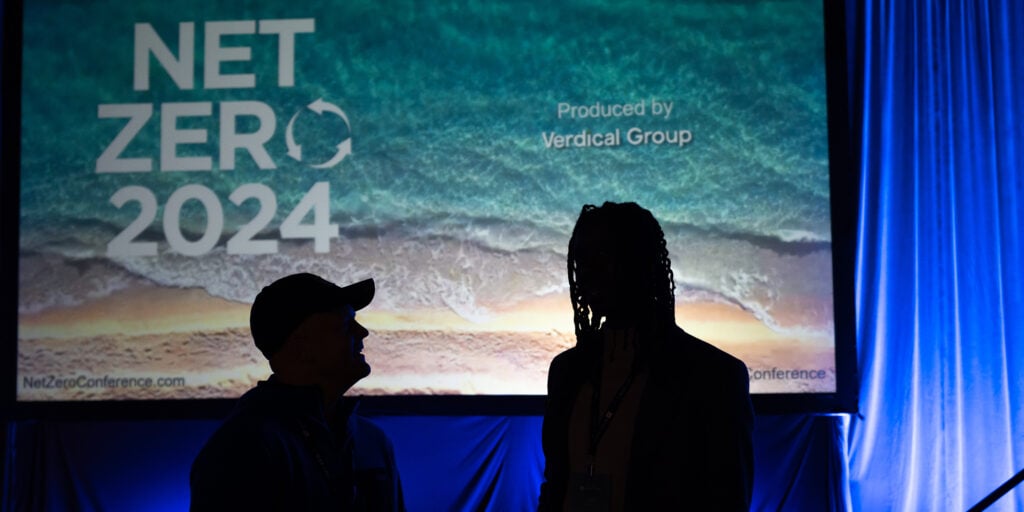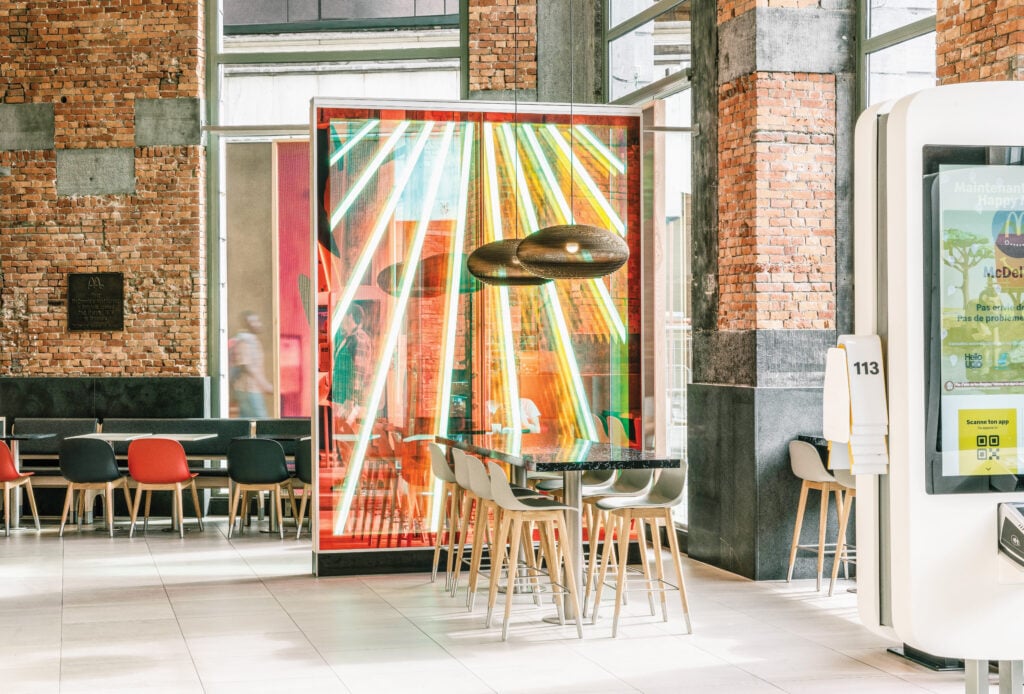
September 1, 2021
For the Office, the Future Is Now
The future of work is already the present condition for many.
THE “FUTURE” IS ALREADY HERE
While it varies by region and is largely dependent on office size, many people are back in the workplace. We recently spoke with a designer who shared that their entire office got vaccinated together over lunch. We also know architects and designers who have been back in their workplaces since the summer of 2020.
Whatever your opinion on the subject, the future of work is already the present condition for many. On the podcast The Weekly Take, Amanda Steele, a corporate strategist for CBRE, shared that her team in Australia had largely returned to the office, noting three strategies for their success: building confidence in the cleanliness of the space, encouraging adaptability as shutdowns could happen again, and fostering positive experiences beyond the first day back. She observed that the “first day back” can last as long as a year while employees trickle back to physical offices, and that upon return, tenants are asking for smaller meeting areas and collaborative spaces.
WE’VE INVITED NEW EXPERTISE TO THE JOB SITE
As the workplace is evolving, so are job descriptions. “Social scientist,” “remote work evangelist,” and “digital anthropologist” are a few of the titles we’ve heard at ThinkLab. And in a recent discussion on Twitter Spaces, Darren Murph, head of remote at GitLab, suggested that job titles that are more representative of job functions make sense as we build a new reality. For instance, he says, a remote manager whose job is to clear the way for employee success might have the title “director of unblocking.”
Roles like digital anthropologist in particular make sense as we navigate the human relationship with digital platforms and tools. From how we interpret body language to the various “rules” and expectations across platforms, virtual space brings unique challenges. And for employees in hybrid workplaces, there’s also the task of rethinking meeting etiquette for a blend of in-person and virtual participants.
HISTORICAL DATA DOESN’T HELP US RIGHT NOW
This is uncharted territory, and we can’t look to past benchmarks or best practices to inform us. The future rests on our ability to interpret the here and now. What if we were more nuanced in our thinking?
In a recent ThinkLab Clubhouse discussion about rehumanizing the workplace, Kelly Bacon, global practice lead at AECOM, said: “To get the best out of people, you need to enable their options for different work preferences. We must stop lumping everybody together. We have to design and plan for a broader set of work modes to suit the individual.” It has become clear that simply designing for people isn’t enough. We have to design for the individual.
The 2000s were largely an open-versus-enclosed debate; now we’re talking about home versus office. Let’s reframe home as part of the ecosystem of workspaces. “Hopefully, the stigma of remote work has been lifted, forcing us to manage results and be intentional in our communication and expectations,” Bacon said. “We may not have the data yet, but we have the intention to move forward with the best of what’s working now.”
Meredith Campbell is a member of the Research & Content Development team for ThinkLab, the research division of SANDOW. Join in to explore what’s next at thinklab.design/join-in.
Would you like to comment on this article? Send your thoughts to: [email protected]
Latest
Products
How the Furniture Industry is Stepping Up on Circularity
Responding to new studies on the environmental impact of furniture, manufacturers, dealers, and start-ups are accelerating their carbon and circularity initiatives.
Viewpoints
The 2024 Net Zero Conference Highlights the Importance of Collective Action
Last month, leading climate experts convened at the Anaheim Convention Center to reenvision the built environment for a net zero future.
Projects
McDonald’s Reimagines its Interiors through Radical Circular Design
A pilot program launching in McDonald’s France and Belgium aims to create sustainable interior renovations for the global fast-food brand





